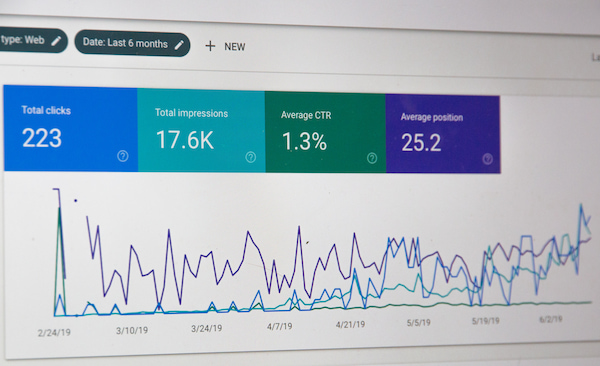Page cannibalisation is a critical yet often overlooked aspect of search engine optimization (SEO), especially for those new to the field. Understanding its impacts is crucial for maintaining and improving a website’s performance in search engine results.
What is Page Cannibalisation?
Page cannibalisation occurs when multiple pages of the same website compete against each other in search engine rankings for the same or similar keywords. This internal competition can confuse search engines like Google about which page to prioritize, often leading to none of the competing pages ranking well.

Impacts of Page Cannibalisation on a Website
- Diluted Page Authority: When multiple pages target the same keywords, they divide the potential authority and relevance each could have individually. This dilution can lead to lower rankings for each page.
- Confusing User Experience: Users might struggle to find the most relevant content if several similar pages appear in search results. This confusion can lead to a poor user experience and increased bounce rates.
- Inefficient Use of Crawl Budget: Search engines allocate a certain crawl budget for each website. If a site has multiple pages competing for the same keywords, search engines may waste resources crawling similar content, reducing the efficiency of the site’s SEO efforts.
- Impaired Conversion Rates: If a user lands on a less relevant page due to cannibalisation, the likelihood of conversion (such as making a purchase or signing up for a newsletter) decreases, impacting the website’s overall performance.
- Difficulty in Content Management: Cannibalisation can create challenges in content management and updating. Knowing which page to update or how to differentiate content can become complex.
How to Addressing Page Cannibalisation
To mitigate the effects of page cannibalisation, website owners and SEO professionals can take several steps:
- Keyword Audit and Strategy: Refinement Conducting a thorough audit of the keywords each page targets and refining the overall keyword strategy to ensure distinct targeting can help prevent cannibalisation.
- Consolidating Content: In cases where multiple pages cover similar topics, merging these pages into a single comprehensive resource can be more effective.
- Using Canonical Tags: Canonical tags can indicate to search engines which page is the “master” or preferred version, helping to reduce confusion.
- Internal Linking Structure: Ensuring a clear and logical internal linking structure can help search engines understand the relationship and hierarchy between pages.

Google Analytics and Google Search Console are essential tools. Google Analytics helps in understanding user behavior on your site, which can highlight pages that might be competing for attention. Meanwhile, Google Search Console provides insights into how your pages are performing in search results, including keyword overlaps that could signal cannibalisation.
Another powerful tool is SEMrush, which offers a comprehensive suite of SEO tools, including the ability to track keyword rankings and identify keyword overlaps across pages. Its Site Audit feature can also help detect issues that might be symptomatic of page cannibalisation. Ahrefs is another excellent option, known for its robust keyword tracking and site auditing capabilities.
It can effectively identify where keyword cannibalisation is occurring by analyzing the rankings of different pages for the same keywords. These tools, when used in conjunction, can provide a detailed overview of your site’s performance and highlight areas where cannibalisation might be occurring.
Regular Monitoring and Analysis Regularly reviewing the website’s performance and conducting SEO audits can help identify and address any emerging issues with cannibalisation.
Understanding and addressing page cannibalisation is vital for any website looking to improve or maintain its search engine ranking. By carefully managing content and keywords, and employing effective SEO strategies, website owners can ensure that their pages work together harmoniously, rather than competing against each other, to achieve optimal results in search engine rankings.
